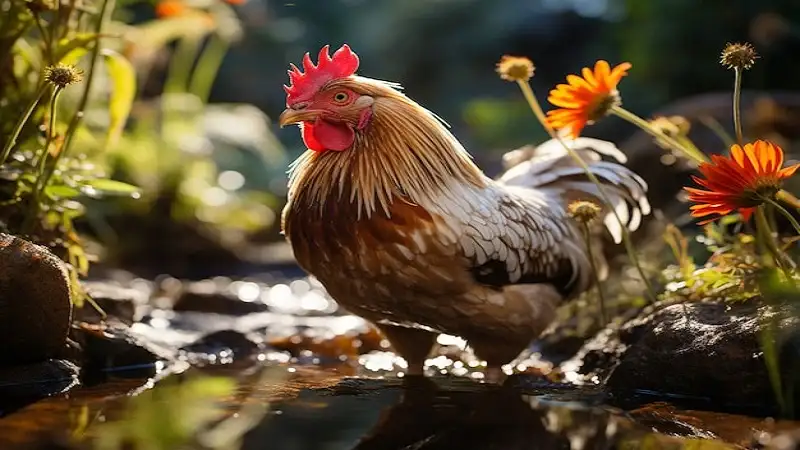Introduction to Live: P_3ijan3bzo= Chicken
live:p_3ijan3bzo= chicken is a term that covers various aspects of raising and caring for chickens. Whether you’re a beginner or have some experience, understanding the essentials of live: P_3ijan3bzo= chicken care can help ensure healthy and productive birds. This guide will walk you through the basics, including housing, feeding, and health management.
Choosing the Right live:p_3ijan3bzo= chicken Breed
When selecting live: P_3ijan3bzo= chickens, it’s crucial to choose the right breed. Some breeds are better for egg production, while others are suited for meat. Consider what you need before making a decision. For instance, the Rhode Island Red is known for its reliable egg production, while the Cornish Cross is ideal for meat.
Housing for live:p_3ijan3bzo= chicken
Proper housing is essential for live: P_3ijan3bzo= chickens. Chickens need a safe, dry, and well-ventilated space. A well-built coop will protect them from predators and harsh weather. Ensure the coop has enough space for all your chickens to move around comfortably. Proper nesting boxes and roosting bars are also crucial for their well-being.
Feeding live:p_3ijan3bzo= chicken
Feeding live: P_3ijan3bzo= chickens the right diet is vital for their health and productivity. Chickens require a balanced diet that includes proteins, vitamins, and minerals. Commercial poultry feed is a convenient option, but you can also supplement with kitchen scraps and garden vegetables. Always provide fresh, clean water.
Health Management for live:p_3ijan3bzo= chicken
Maintaining the health of live: P_3ijan3bzo= chickens involves regular check-ups and vaccinations. Be on the lookout for common diseases and parasites. Regularly clean the coop and ensure that your chickens are not overcrowded. Good hygiene and timely medical care can prevent many health issues.
Frequently Asked Questions About live:p_3ijan3bzo= chicken
- How often should I clean the coop?
- Clean the coop at least once a week to prevent the buildup of waste and to ensure a healthy environment for your chickens.
- What do live:p_3ijan3bzo= chicken need in their diet?
- A balanced diet that includes commercial feed, fresh vegetables, and clean water is essential for their health and egg production.
- How can I prevent predators from attacking my chickens?
- Secure the coop with strong materials, use fencing, and consider adding motion-sensor lights to deter predators.
- What are the signs of illness in live: P_3ijan3bzo= chickens?
- Look for signs such as lethargy, poor feather condition, reduced egg production, or abnormal droppings. Consult a vet if you notice any of these symptoms.
- How many chickens should I start with?
- It’s best to start with a small number, such as 4-6 chickens, and then expand as you become more comfortable with their care.
Conclusion
live:p_3ijan3bzo= chicken can be a rewarding experience with the right knowledge and preparation. From choosing the right breed to providing proper housing and nutrition, every aspect of chicken care plays a crucial role in their overall well-being. By following these guidelines and addressing common questions, you can ensure a healthy and productive flock.
